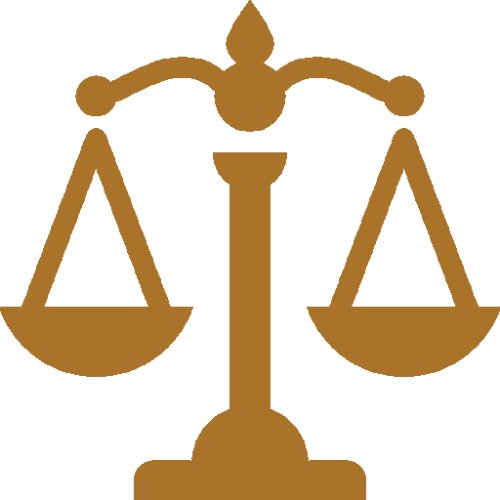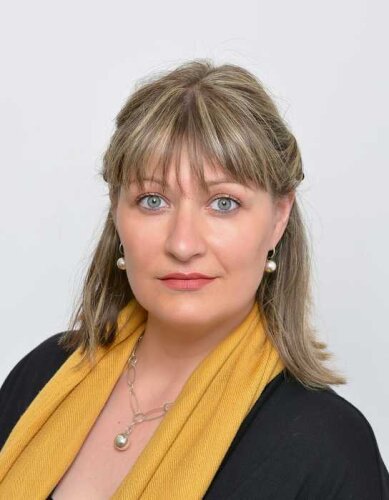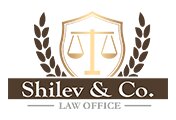Best Asylum Lawyers in Bulgaria
Share your needs with us, get contacted by law firms.
Free. Takes 2 min.
Or refine your search by selecting a city:
List of the best lawyers in Bulgaria
About Asylum Law in Bulgaria
Asylum law in Bulgaria is designed to provide protection to individuals fleeing persecution, war, or violence in their home countries. Estonia, as part of the European Union, adheres to international law and EU regulations regarding the protection and accommodation of asylum seekers. The legal framework guarantees fair processing of asylum requests, in line with both the 1951 Refugee Convention and EU standards. The process involves submission of an application, determination of eligibility based on criteria for refugee status or subsidiary protection, and finally, integration for those whose applications are approved.
Why You May Need a Lawyer
Legal assistance can be crucial for asylum seekers for several reasons:
- Understanding the complexity of the legal process and ensuring that all necessary documents and evidence are presented effectively.
- Providing representation in interviews or hearings before the State Agency for Refugees (SAR) and other relevant authorities.
- Navigating appeals processes if an initial application is denied.
- Addressing any language barriers or cultural differences that might impede communication with authorities.
- Advocating for the rights of asylum seekers and ensuring that their cases are handled with fairness and in accordance with the law.
Local Laws Overview
The key aspects of local laws related to asylum in Bulgaria include the following:
- The Law on Asylum and Refugees: This primary legislation in Bulgaria outlines the process by which individuals can apply for asylum, the rights of asylum seekers, and the responsibilities of the Bulgarian authorities.
- The State Agency for Refugees (SAR): This is the main body responsible for processing asylum applications and deciding on refugee or subsidiary protection status.
- The Dublin III Regulation: An EU law that determines which EU member state is responsible for examining an asylum application, often affecting Bulgaria as a point of entry to the EU.
- Procedural safeguards: Bulgaria ensures that asylum seekers have access to interpretation services, legal assistance, and the right to remain in the country while their application is being processed.
Frequently Asked Questions
What is the first step in seeking asylum in Bulgaria?
The first step is to submit an asylum application to the State Agency for Refugees or to any border police or immigration authority upon entry into Bulgaria.
How long does the asylum process take in Bulgaria?
The length of the asylum process can vary, but the State Agency for Refugees aims to make a decision within six months of the application.
Can I work while my asylum application is being processed?
Asylum seekers may apply for a work permit and are usually allowed to work after three months from the date of their asylum application.
What happens if my asylum application is denied?
If your application is denied, you have the right to appeal the decision in court within 14 days of receiving the notification.
Are there housing facilities for asylum seekers in Bulgaria?
Yes, the Bulgarian government provides accommodation in reception centers for asylum seekers during the processing of their application.
What rights do recognized refugees have in Bulgaria?
Recognized refugees are entitled to access education, healthcare, employment, and social welfare services on the same basis as Bulgarian citizens.
What kind of protection does subsidiary protection provide?
Subsidiary protection is granted to individuals who do not qualify as refugees but are still in need of international protection due to risks of harm in their country of origin.
Can children seek asylum in Bulgaria?
Yes, children can seek asylum, and Bulgaria has specific procedures to ensure their protection and consideration of their best interests.
What assistance is available for vulnerable asylum seekers?
Vulnerable asylum seekers, such as those who are elderly, disabled, or victims of torture or violence, may receive additional support and accommodations.
How can a lawyer help in my asylum case?
A lawyer can provide expert guidance, help gather necessary documentation, represent you in legal proceedings, and improve the chances of a successful application.
Additional Resources
For further assistance, consider reaching out to the following resources:
- The State Agency for Refugees (SAR): The main governmental body responsible for asylum processes in Bulgaria.
- The UNHCR Bulgaria: Provides information and assistance to asylum seekers and refugees.
- Bulgarian Helsinki Committee: Offers legal aid and advocacy for human rights, including asylum seeker rights.
- Caritas Bulgaria: Provides various support services for asylum seekers including legal advice and social services.
Next Steps
If you need legal assistance with your asylum case in Bulgaria, consider the following steps:
- Contact a legal aid organization that specializes in asylum law for professional assistance.
- Gather all documentation related to your asylum application, including personal identification, evidence of persecution, and any relevant legal documents.
- Prepare for interviews or hearings with the State Agency for Refugees by understanding your rights and obligations.
- Stay informed about your application status and follow up promptly on any requests for additional information by the authorities.
- Explore community support resources for additional help, whether legal, social, or psychological, during the asylum process.
Lawzana helps you find the best lawyers and law firms in Bulgaria through a curated and pre-screened list of qualified legal professionals. Our platform offers rankings and detailed profiles of attorneys and law firms, allowing you to compare based on practice areas, including Asylum, experience, and client feedback.
Each profile includes a description of the firm's areas of practice, client reviews, team members and partners, year of establishment, spoken languages, office locations, contact information, social media presence, and any published articles or resources. Most firms on our platform speak English and are experienced in both local and international legal matters.
Get a quote from top-rated law firms in Bulgaria — quickly, securely, and without unnecessary hassle.
Disclaimer:
The information provided on this page is for general informational purposes only and does not constitute legal advice. While we strive to ensure the accuracy and relevance of the content, legal information may change over time, and interpretations of the law can vary. You should always consult with a qualified legal professional for advice specific to your situation.
We disclaim all liability for actions taken or not taken based on the content of this page. If you believe any information is incorrect or outdated, please contact us, and we will review and update it where appropriate.
Browse asylum law firms by city in Bulgaria
Refine your search by selecting a city.
















